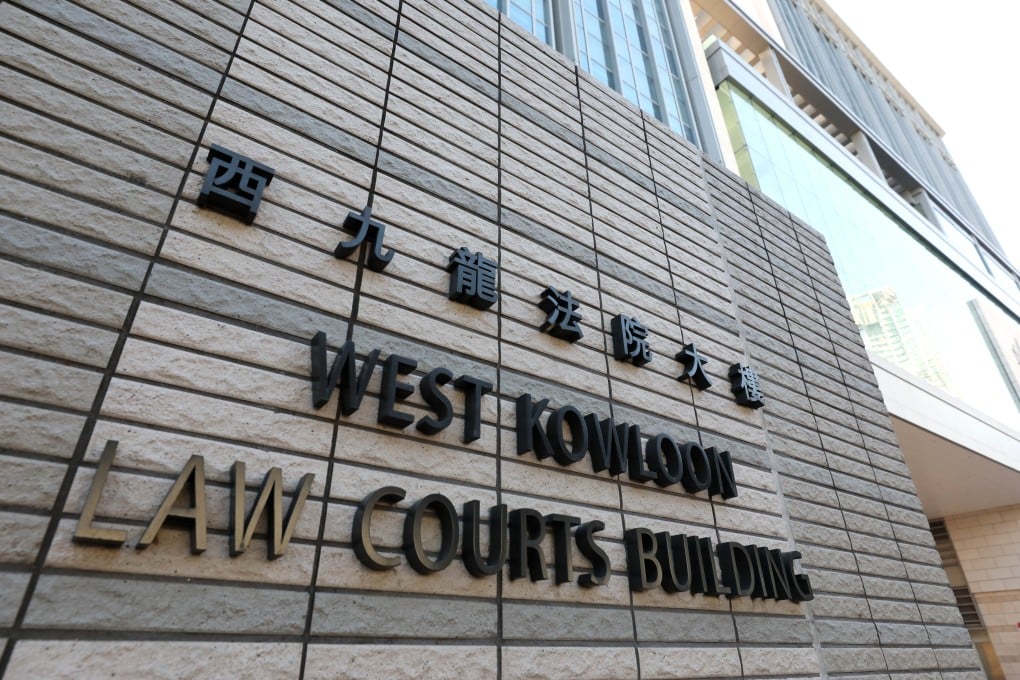Hong Kong national security law: first person charged under new legislation is motorcyclist arrested during July 1 protest
- Tong Ying-kit, 23, accused of riding into group of policemen, charged with inciting secession and terrorism in West Kowloon court
- Hearing presided over by Chief Magistrate So Wai-tak, who along with five of his colleagues was hand-picked by city’s leader to handle national security cases

Tong Ying-kit, 23, was officially charged with one count of inciting secession and another of terrorism on Friday afternoon in West Kowloon Court.
The defendant was not present, as he is in hospital with a fractured leg, according to his barrister. Tong is expected to return to court on Monday.

According to the secession charge, on July 1, Tong incited others in Wan Chai district near Hennessy Road to “organise, plan, commit or participate in acts” with a view to separating the city from mainland China. It did not spell out the specific acts of incitement.
The terrorism charge, meanwhile, alleges Tong used or intended to use serious violence against a person or committed other dangerous activities that seriously jeopardised public security. Details of the act in question were also not specified.